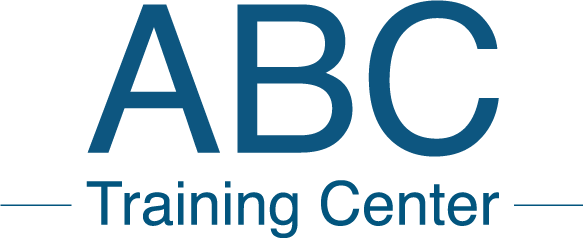Healthcare jobs are in high demand as the population ages, and employment in the healthcare field is projected to grow by about 14 percent over the next decade. Working in healthcare is not always about curing disease or making sick people well, though. Clinical staff members are a necessary part of any medical team, and clinical medical assistants (CMA) are vital to the healthcare industry.
What are the responsibilities of a CMA? Clinical medical assistants often work in clinical settings, helping with patient examinations. A CMA might provide injections or medications, draw blood and prepare blood samples, or perform lab tests. It’s often the job of clinical medical assistants to sterilize the doctor’s instruments, and they may also prepare patients for tests or imaging.
Sometimes clinical medical assistants work for specialists. This is accomplished by earning specialized training certificates, and can broaden the horizons for a CMA. With additional certification, a CMA might work in a field like ob-gyn, ophthalmology, or podiatry, performing basic patient care and sometimes even assisting in surgical procedures.
Why is being a Clinical Medical Assistant a good opportunity? For one thing, it’s a great way to enter the medical field without years of schooling. Depending on the schedule you’re able to pursue, CMA training may be completed in as little as 12 weeks, compared to the 1-4 years it takes to become a registered nurse, or the 12 years you’d spend becoming a doctor. As a clinical medical assistant, you’ll have the opportunity to help people, working one on one with patients. What’s more, the demand for clinical medical assistants is expected to grow by 23 percent by 2028, which is not just well above the average for jobs in general, but also higher than many other healthcare jobs. CMA jobs offer a competitive salary and often come with better than average benefits.
When training as a CMA, you learn valuable medical skills and knowledge. To be certified as a CMA, you need administrative and clinical training in a variety of areas including human anatomy, physiology and pathology, medical terminology, recordkeeping and accounting, coding and insurance processing, laboratory techniques, clinical and diagnostic procedures, pharmacology, patient relations, administration of medication, medical law and ethics, and more. Having completed this training, many clinical medical assistants continue taking classes and honing their skills while working, training to move into another medical career, like nursing, lab technology, or coding.
If you think a career as a Clinical Medical Assistant would be a good fit for you, ABC Training Center can provide the training you need. A healthcare training institute that NYC students trust, ABC Training Center been serving students in the New York City area since 1972. We provide high-quality, nationally certified programs that prepare students for meaningful work in any medical setting. Continue browsing to learn more about our medical training programs in New York, contact us through our website, or call us at 718-618-5589.

